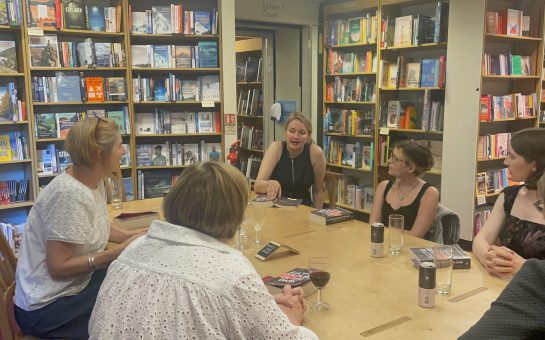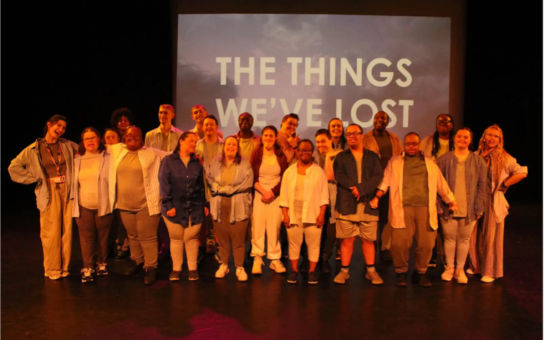For years, Afrobeats has been the unsung hero at many clubs and parties.
A sure party starter, the genre has risen in popularity to claim its prominent place on several playlists.
Whether it is the hard-hitting beats, the often-joyous lyrical content or its irresistible groove, the genre is undoubtedly one of West Africa’s most precious gifts to the world.
And it is no surprise that both artists and fans of the genre have welcomed the news of the launch of the Afrobreats chart with such excitement.
‘Look at where we are today’
King Promise, one of the brightest stars in Afrobeats told South West Londoner: “It’s a great feeling to see the genre thrive this much.
“A few years before if anyone had said this would be happening, everyone would have said it is a joke but look at where we are today.”
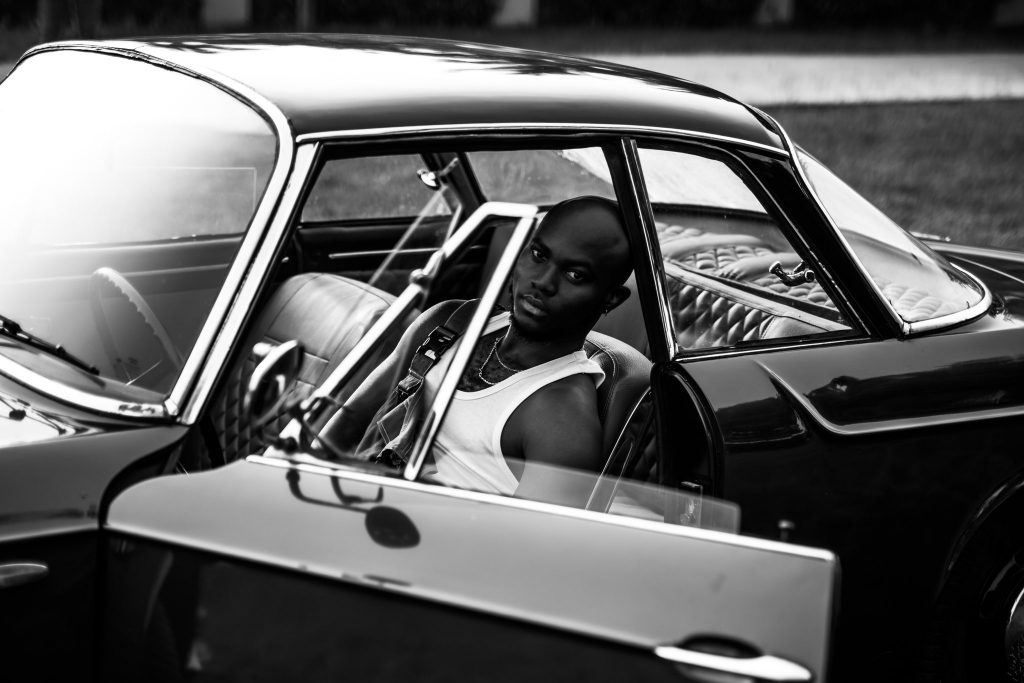
Nigerian superstar Patoranking’s new album, Three, is already making waves on the charts.
Patoranking said: “The chart’s launch is a big move and a big step and I am happy it is happening in my time.
“It’s a positive step for the genre and I am super excited about it”.
Early beginnings
Afrobeats’ recognition in the UK dates back several decades and made a slow but steady creep into the mainstream with the help of DJ Abrantee.
Working with Choice FM in the late 2000s, the renowned DJ had a slot at the station on Saturday evenings exclusively dedicated to Afrobeats.
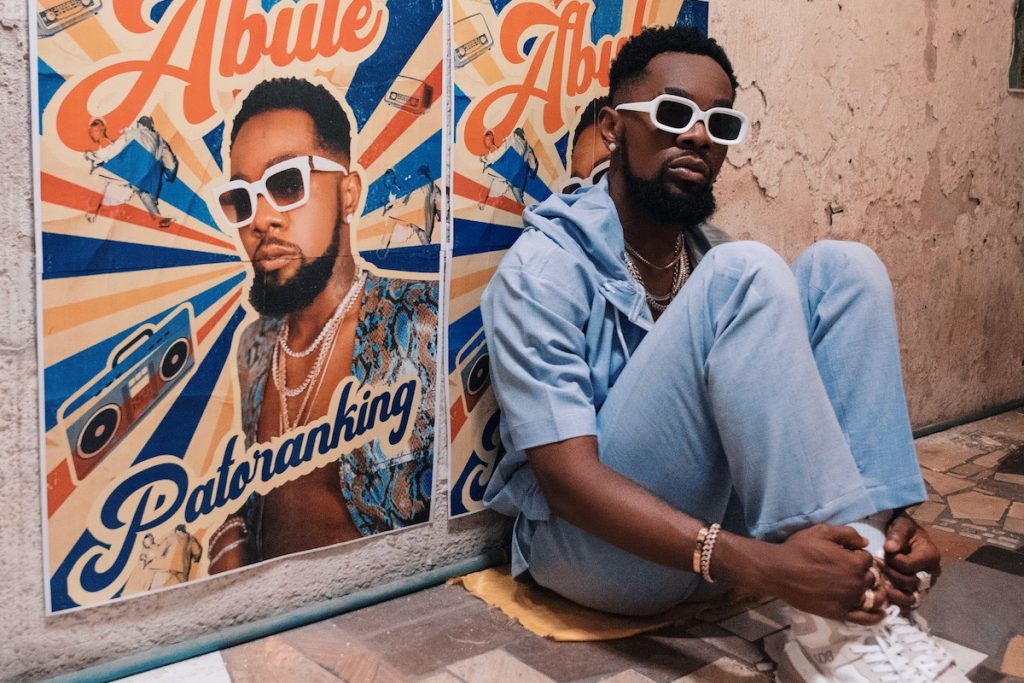
The mounting popularity was evident when Afrobeats artist Fuse ODG broke into the UK singles chart twice in 2013, with top 10 hit Antenna followed by top-five effort, Million Pound Girl (Badder Than Bad).
Since then, several Afrobeats artists have made splashes on the single charts including Wizkid, Davido and Burna Boy.
International recognition
As the genre grew in popularity, several dance moves were born, spreading far and wide to inspire some of the biggest artists in the world.
Dance moves such as the Azonto, Shoki, and Kupe has been incorporated into routines by music royalties including Rihanna, Janet Jackson and Chris Brown.
Artists of the genre have also become some of the most sought-after collaborators, with Sarkodie, Stonebwoy and Davido all featured on music by global chart-toppers.
Entertainment journalist, Adwoa Amofa Osei believes Afrobeats also gives Africans a sense of pride about their identity.
She said: “Through the genre, African acts have been able to drive home the importance of celebrating the African identity.
“Also the #BlackLivesMatter agenda has been drummed home through the music.”
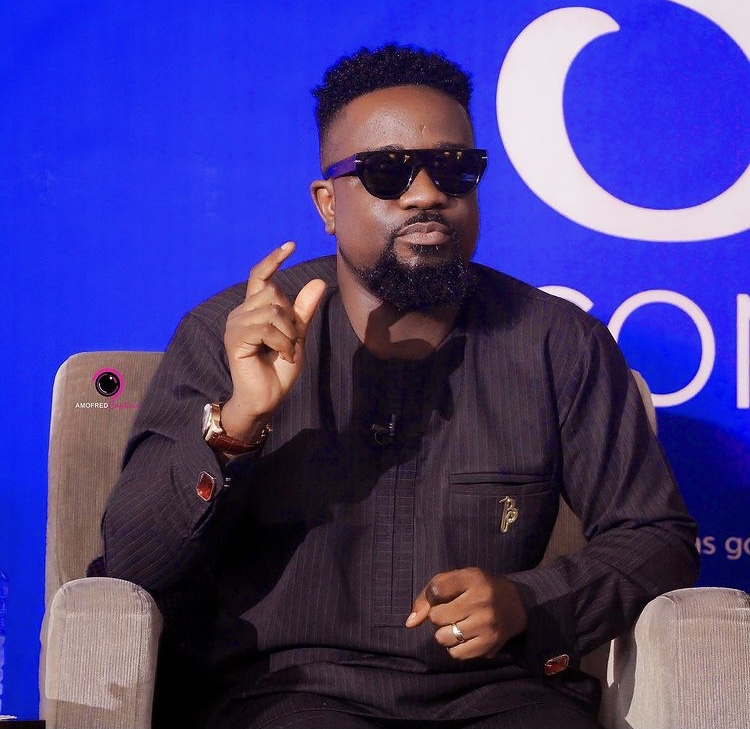
‘Untapped genre’
For Patoranking, the mounting popularity of Afrobeats is a blessing to the African culture and the genre itself.
He said: “It is the only untapped genre which the whole world wants a piece of.
“There’s been a lot of remakes of different genres from reggae to dancehall, to hiphop, but not Afrobeats. That has already begun to change.”
Beyonce’s 2019 album, Lion King: The Gift featured a who’s who of Afrobeats, as Beyonce traded verses with African giants including Shatta Wale and Wizkid.
Accompanying its release was 2020’s Black is King, a visual album celebrating the many cultures found across the African continent.
Afrobeats mania is not only confined to the UK charts, as in the US the genre is a constant feature on the Billboard Hot 100.
Originating from Ghana in the 1920s, the genre emanated from highlife, the genre is characterised by a leading drum beat similar to traditional drum sounds across West Africa and fuses in elements of jazz, funk and pop.
The beat in an Afrobeats song plays an essential role and can decide how popular a song will be.
Lyrics in Afrobeats are generally centred around having a good time and can at times be braggadocios, all in good fun.
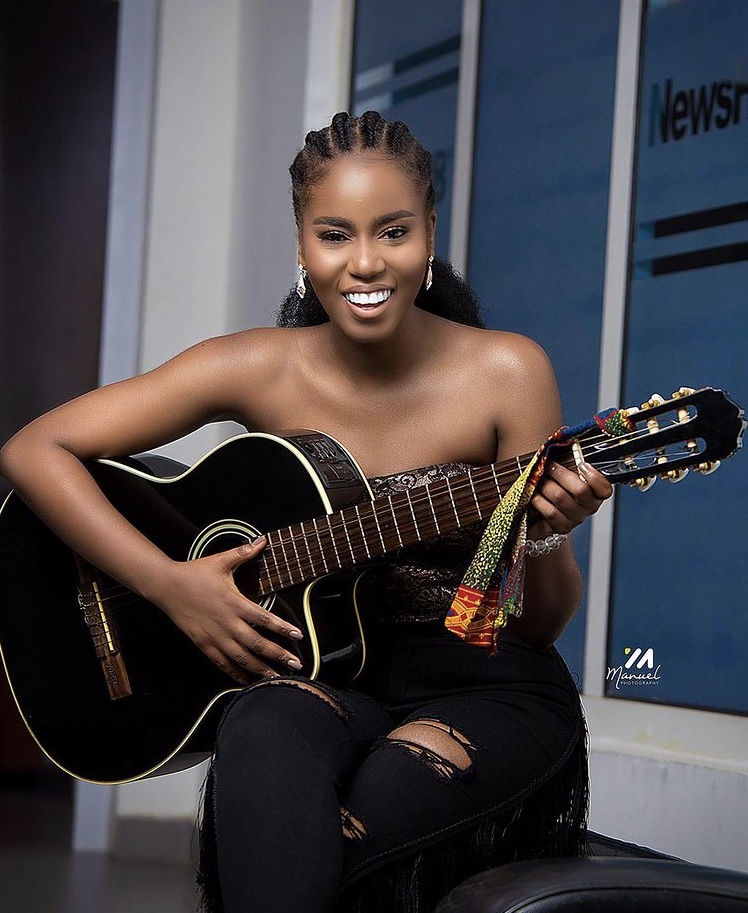
‘The future is here’
The genre is also known for birthing big expressive love bangers as seen in the work of Promise, Kuami Eugene, Kidi, Tekno and Korede Bello.
Other notable names in the genre include MzVee, Kizz Daniel, Efya, Runtown, Yemi Alade, Tiwa Savage and Afro B.
The lyrics mostly sung in English are garnished with trademark Ghanaian and Nigerian accents, alongside mixtures of the local dialect and pidgin, paying homage to the culture.
“We used to say Afrobeats was the future but now, the future is here.”
Patoranking
With music being a universal language, it has been no surprise that Afrobeats is enjoyed by people in all parts of the world, no matter race, background or status.
Patoranking believes the ability the genre has to unify people means this is just the beginning.
“We used to say Afrobeats was the future but now, the future is here.”
You check out the Afrobeats chart here.
